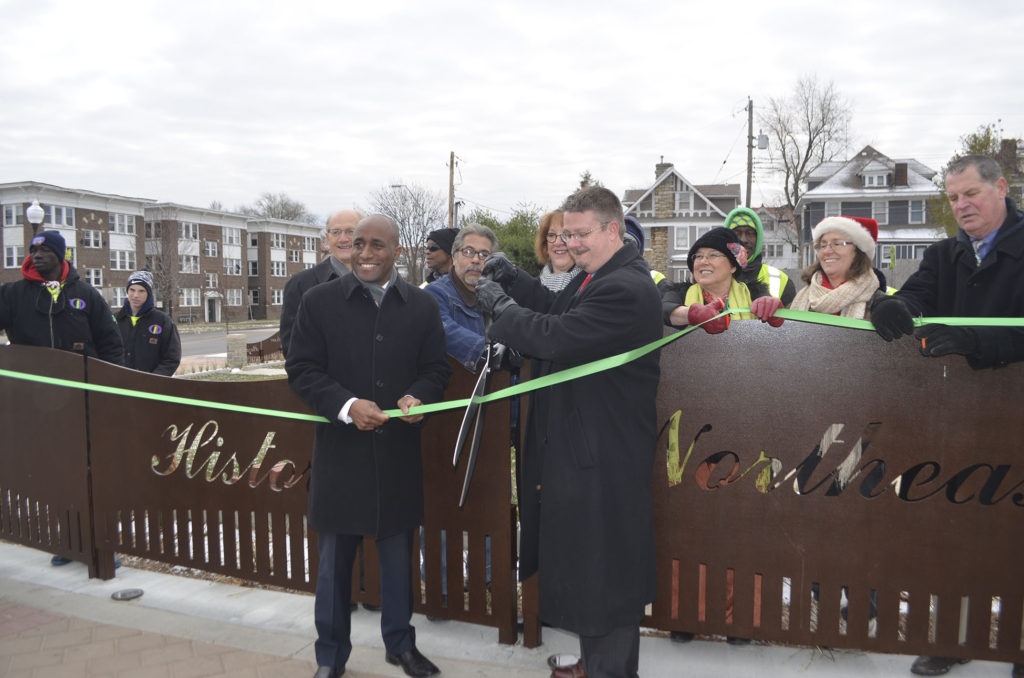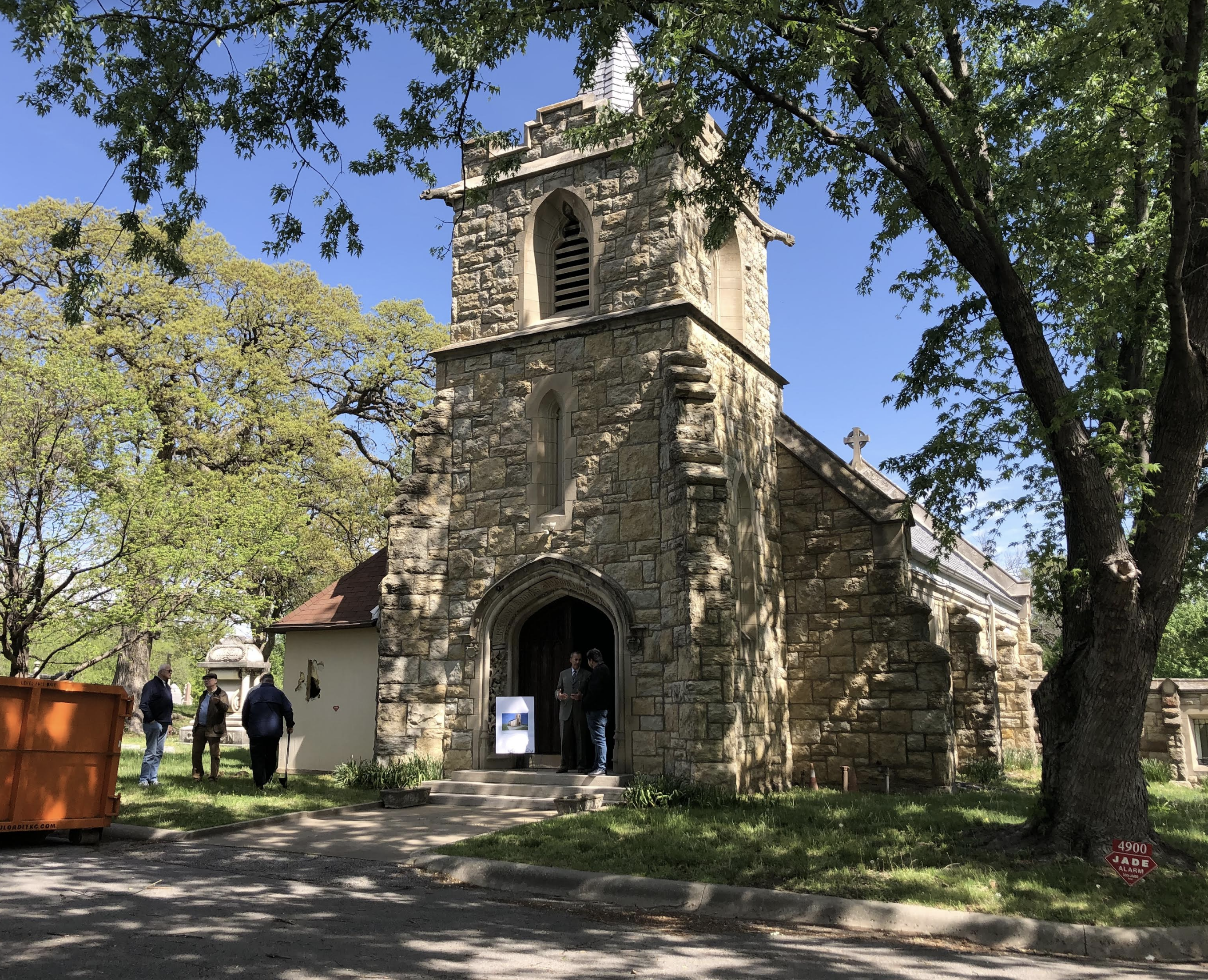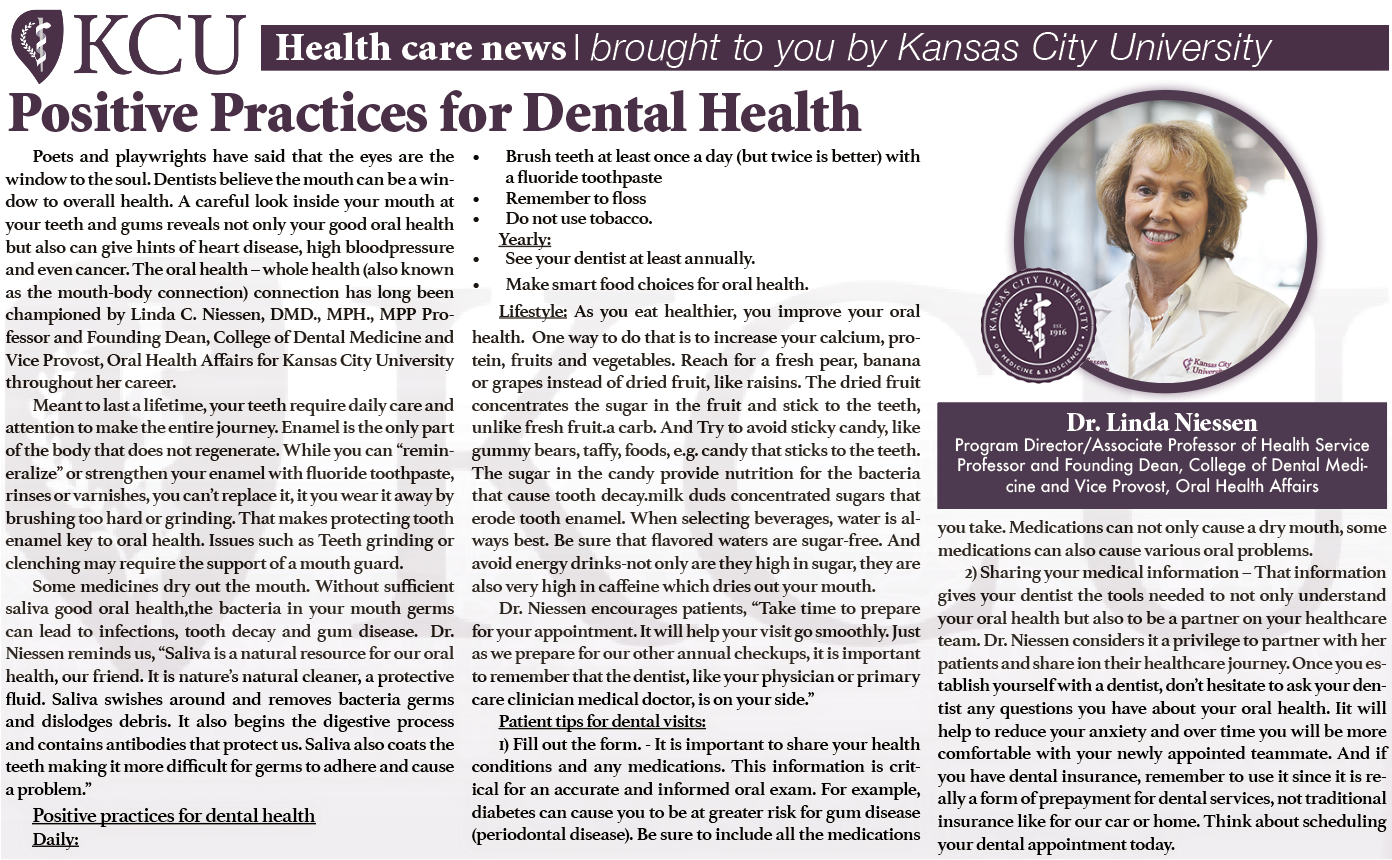Northeast News
April 5, 2017
KANSAS CITY, Missouri – The April 4, 2017 election is over, and all five ballot questions have been approved by Kansas City, Missouri voters. Question 1 ($600 million for streets, sidewalks bridges) earned 66% of the vote, Question 2 ($150 million for flood control) earned 61%, Question 3 ($50 for new animal shelter, KC Museum renovation, ADA compliance) earned 67%. Additionally, Question 4 (economic development sales tax for the city’s east side) earned 52% support, while Question 5 (reduction of marijuana penalties) garnered 71% approval from voters.
In the latest edition of the Northeast Newscast, host Paul Thompson invites 1st District Councilman Scott Wagner onto the podcast to discuss the $800 million bond package that was passed decisively by KCMO voters on Tuesday, April 4. Wagner also discusses his worries heading into the vote, the backup plans considered by the City if the measures had failed, his long-term advocacy for sidewalk repair in Kansas City, and the two other ballot questions approved by voters. Later, Wagner talks about the upcoming KCFD overtime audit and is asked whether he intends to run for Mayor in 2019.
Below is a transcript that teases a snippet of the conversation with Wagner. At the bottom of the page is the full podcast. Enjoy.
Thompson: I’m sure that the Council had considered backup plans in the event that one or more of these Questions inevitably failed. What did those look like?
Wagner: They’re all awful.
Thompson: Right.
Wagner: I mean, they’re all awful. The backup plans were simply…
Thompson: Cutting staff right and left?
Wagner: I mean, we’ve cut 600 positions in this city over the course of eight years, so it’s not like there’s much more staff to cut. What it really boils down to is, could you do these projects any other way? Really, the only way you could begin to do any project is you would have to simply cut something else. And frankly, there isn’t much to cut.
As I mentioned many times to folks while I was out speaking, if you look at the city like a house, and you say I want to replace a door and a couple of windows, well I can kind of reach into my pocket, or save up a month, and write that check. If my foundation is busted, or if I have to replace my roof, I don’t necessarily have that sitting in my wallet. In which case, either I have to take out some major loan to do it, i.e. a General Obligation Bond, or I don’t do it at all.
Thompson: It’s not sitting in the piggy bank.
Wagner: It’s not sitting in the piggy bank. So there was this idea that if this fails, we’ll just come up with something else. The reality is that those sorts of dollar amounts aren’t just sitting there. So therefore you’re either doing sidewalk assessments like we’ve done, and you’ll just continue to do that, or you’ll maybe drag on funding to do a road, and that’s what we do now before the passage of the bond. You’re saving up money for years and years and years.
I give the example of a project that I have worked very hard on to prepare for a moment just like this, with N. Brighton. N. Brighton, north of Vivion Rd., has been in some level of planning for 20 years. It is in our five-year plan, and if the General Obligation Bond didn’t pass it would still remain on our five-year capital plan, just given a little bit of money with nothing to show for it.
Thompson: Into perpetuity, with no results…
Wagner: Absolutely. So, that’s the difference here. So when people say, ‘Is there an alternative?’ Yeah; the alternative is we just keep waiting, and meanwhile the roads get a little worse, they get a little less maintained, the sidewalks continue to bust in areas of the city that don’t have the money to fix them themselves.
Thompson: Meanwhile, the momentum that has been kind of established sort of dwindles and tapers off…
Wagner: Absolutely.
Thompson: …And then you kind of sit around and wait for that mobilize again, and who knows how long that takes?
Wagner: That’s it exactly. People who view some of these larger capital projects that have been done downtown – whether it’s the streetcar or otherwise – and they say, ‘What about the neighborhoods?’ So we come and we say, ‘Okay, here’s this mechanism for us to pay for that work in our neighborhoods.’
Just as when the streetcar, for example, came. Well, a mechanism to pay for it had to be created. There’s a cost to things. As we often said, what you saw in this General Obligation Bond offering – especially within Question 1, the roads, bridges, sidewalks piece…
Thompson: Right, the vast majority of the bond. 75% of it, right?
Wagner: $600 of that $800 million is for that. That came from what was consistently given to us in our resident’s survey. Every year the top 3 was, in no uncertain order, sidewalks, roads, and public safety. So what do we do? We give you sidewalks and roads in Question 1, because that’s what kept coming back.
Thompson: And Public Safety was addressed in the General Fund.
Wagner: Public Safety was addressed in the General Fund, although there’s certainly challenges that we have with that. But having said all of that, if the public is saying that they want these things, then it is in our interest to provide them the opportunity to have those things. You know, I think that what people still think sometimes is either that we can just print money, or that there is so much waste that if you just eliminate the waste, I can have money to do all these things.




















Comments are closed.